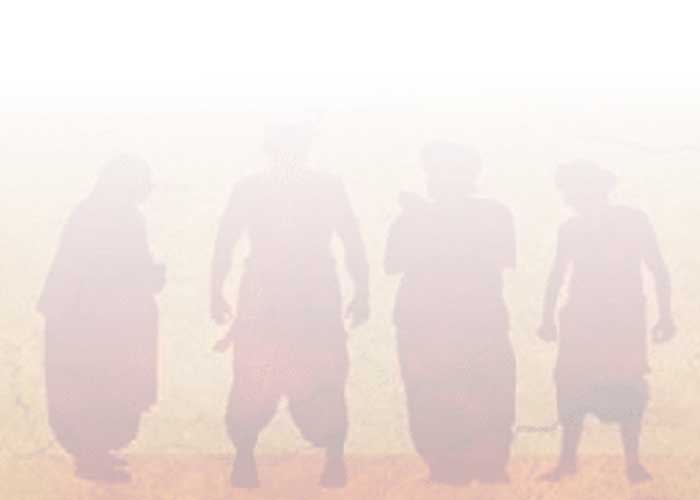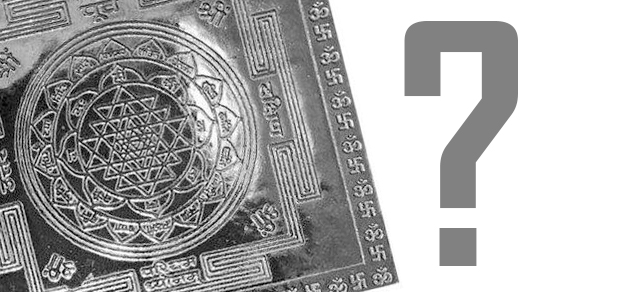Once Nahush (in python form) got hold of Bhima. The power of Bhima, who had emerged victorious against innumerable demons, beasts and animals was of no avail. Nahush was about to crush him when Yudhisthir appeared in search of his brother and requested his release.
Nahush put the condition that he would let go of Bhima if Yudhisthir would answer his questions. Yudhisthir agreed.
Nahush asked, ‘what makes a Brahmin a Brahmin?’
Yudhisthir listed a number of virtues – ‘truthfulness, generosity, forgiveness, goodness, kindness, self-control, compassion – all these qualities constitute a Brahmin.’
Nahush then asked, “But even a Shudra may have all these virtues. Would that make him a Brahmin?”
Yudhisthir replied, “Indeed, if a Shudra is characterized by all these virtues, he is to be defined as a Brahmin. And if a Brahmin lacks them, then he is to be regarded as a Shudra.”
Nahush asked again, “but if Brahminhood is constituted by a number of virtues, then would a birth in a Brahmin family be in vain, where such virtues are conspicuous by their absence?”
Yudhisthir replied, “Indeed. Since through sexual urge people copulate and produce children, birth is always a dubious criterion in such matters. Therefore, the old sages depend upon good conduct as the indicator of a better person. Even one who is a Brahmin by birth would be a Shudra through poor despicable conduct.”
Pleased by Yudhisthir’s sound understanding of dharma, Nahush set Bhima free.
– MAHABHARAT, VAN PARVA
Let’s not forget, it was the colonial rulers who advocated ‘White Man’s Rule’, who infused the concept of superiors and subordinate, the upper and lower mall roads in Shimla and other regions, being prime example. These cultures come with a long history of racial discrimination. John Campbell Oman wrote in Caste in India (1907), ‘It is interesting to recall to mind that at certain epochs the law in Europe has compelled men to keep, generation after generation, to the calling of their fathers without the option of change…In England an ancient enactment required all men who at any time took up the calling of coal mining or dry salting, to keep those occupations for life, and enjoined that their children should also follow the same employment…A more striking European example of a compulsory hereditary calling, common enough in the Middle Ages and down to the last century in Russia, is that of serfs bound to soil from generation to generation.’
Edward Alsworth Ross gives a detailed account of European caste system in Principles of Sociology. He notes that in Prussia (parts of modern Germany, Poland, Russia, Lithuania, Denmark, Belgium & Czech Republic) not only men, but land belonged to castes and could not be bought by individuals of lower castes. The Cagots of France were yet another glaring example of oppression – they were allotted separate quarters in towns, were excluded from socio-political rights and when a Cagot came into town, they had to report their presence by shaking a rattle.
All this was a part of 18-19th century Europe. Compare this to India, even in the times of Vishvamitra and Ved Vyas, no such compartments existed.
Caste system is not a part of our culture but it has crept into our society owing to colonial infestation accompanied by corruption of the natives. While caste system did not matter in ancient times, it poses grave threat to the social and national fabric of modern India. G.S. Cheema writes in, The Forgotten Mughals, ‘that a nation of such ferocious warriors should ever be defeated seems incredible but the caste-ridden nature of Hindu society ensured that the masses were never involved in the struggle’. According to a survey carried out by the National Council of Applied Economic Research and the University of Maryland, US, one in four Indians still practices untouchability.
It is about time to drive the colonial virus of caste out of our system.
(Reference: ‘The caste system is colonial idea’ by Rakesh Krishnan Simha)





